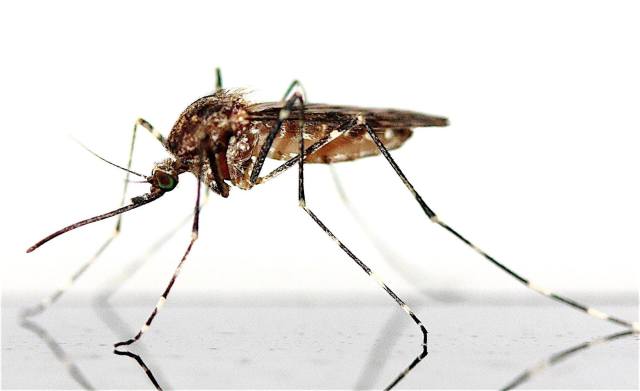Because malaria is an ongoing epidemic, a constant killer often accepted as if it were a common cold (Credit Image: Patrick Lefevre/Belga/PA Images)

2017 was the year that the remarkable progress made since 2000, in cutting malaria deaths by 60% and saving 7 million lives, stalled. We’ve been on a path towards ending the disease in our lifetimes but that ambition, fuelled by unsung world-leading British researchers, disruptive technologies, and aid, is in jeopardy. We’re at a crossroads, with big decisions needed to avoid one of the biggest development success stories of recent times turning into a nightmarish repeat of the 1970s. Then success in reducing malaria in many countries led to complacency, and the disease rebounded, more potent than ever.
Warning signs have been there in recent months. Crises in Venezuela, Nigeria, Yemen, and South Sudan made headlines for different reasons; but each has led to malaria cases spiking. The emergence of drug-resistant malaria in Southeast Asia triggered concerns of a possible worldwide health security risk if it crosses to Africa. Finally, this month the UN cautioned that funding for proven mosquito nets, quick diagnosis and drugs has plateaued, falling short of what’s needed globally. Why isn’t this bigger news? Because malaria is an ongoing epidemic, a constant killer often accepted as if it were a common cold. Moreover its 445,000 casualties are mainly politically underserved pregnant women and children in Sub-Saharan Africa. Unlike other disasters it’s the silent tsunami going under the radar. Yet with 6 out of 10 of the most affected countries being Commonwealth nations, their heads of government have an opportunity when they meet in London next April to change all of that.
***
Introduction to this Under-reported series.
Summary guide to all under-reported articles in this series.










Join the discussion
Join like minded readers that support our journalism by becoming a paid subscriber
To join the discussion in the comments, become a paid subscriber.
Join like minded readers that support our journalism, read unlimited articles and enjoy other subscriber-only benefits.
Subscribe